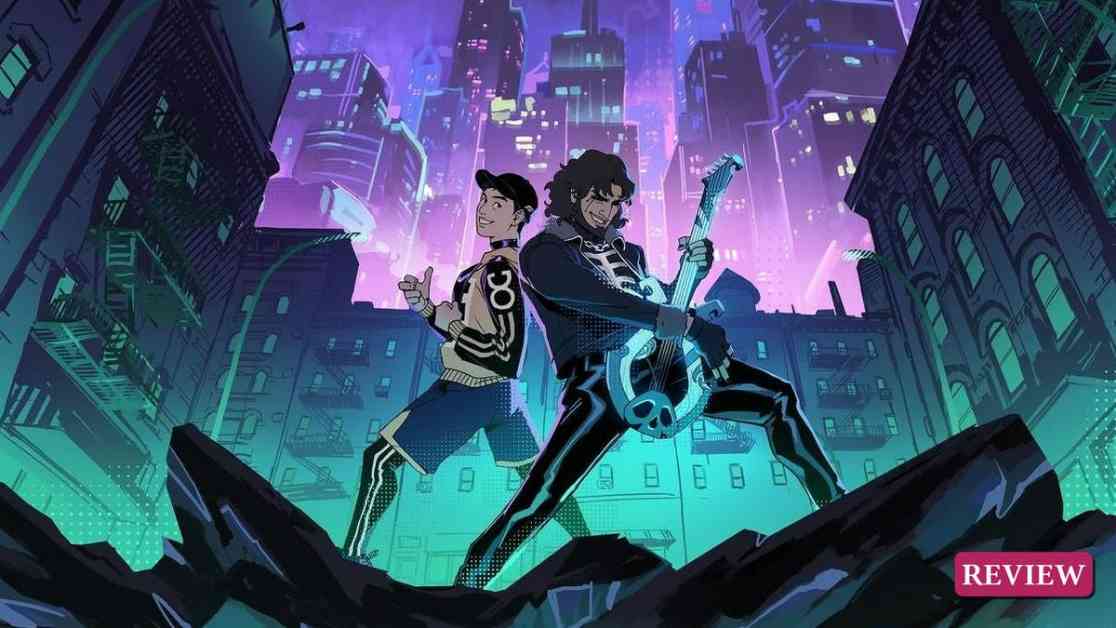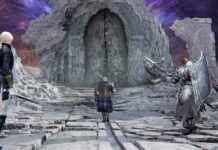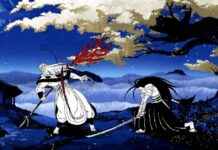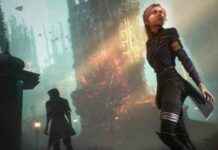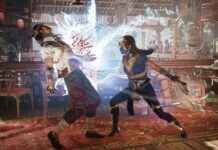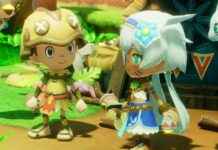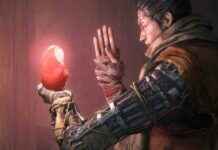In the world of musical theater, sequels are not very common, and when they do exist, they often fall short of the original. A prime example is the less-known sequel to Phantom of the Opera called Love Never Dies. However, in the case of Stray Gods: The Roleplaying Musical, the release of the Orpheus DLC after the base game’s conclusion was a pleasant surprise. The Orpheus DLC managed to surpass the original game in many ways, which was unexpected given my initial disappointment with Stray Gods.
When Stray Gods was first released, I found it to be a tedious and messy game that failed to blend RPG elements with musical theater effectively. I criticized the game for not understanding how musicals tell stories and for lacking the necessary skills to execute the concept successfully. The star-studded cast, including talented voice actors like Laura Bailey and Troy Baker, struggled to convince players that they could sing. However, with the release of the Orpheus DLC, developer Summerfall Studios addressed many of the base game’s flaws and created a more refined experience.
The Orpheus DLC focuses on the character of Orpheus, a bard who embarks on a journey of self-discovery after being in the underworld. The DLC, which features Broadway legend Anthony Rapp as the voice of Orpheus, showcases his exceptional singing and acting abilities. Rapp’s performance breathes new life into the game and adds charm and depth to the character of Orpheus. The DLC’s standout number, “A New Love,” is a well-crafted song that highlights Rapp’s vocal prowess and adds a new dimension to the storytelling.
Despite the improvements in the Orpheus DLC, some issues from the base game persist. The gameplay mechanics that allow players to change their singing style mid-song through a dialogue wheel still feel clunky and disrupt the flow of the music. Additionally, the DLC’s later songs featuring less skilled voice actors do not live up to the high standard set by Rapp’s performance. While the Orpheus DLC shows progress in terms of songwriting and character development, it falls short of fully realizing the potential of merging musical theater with RPG elements.
In conclusion, Stray Gods: Orpheus is a significant improvement over the base game, thanks to the excellent choice of lead actor and improved songwriting. Despite its flaws, the DLC is a commendable effort by Summerfall Studios to address the shortcomings of the original game. While it may not achieve musical greatness, Stray Gods: Orpheus is a rare example of a musical sequel that surpasses its predecessor. The DLC is available on various platforms, including Nintendo Switch, PlayStation, Xbox, and PC, for players to experience the enhanced singing and storytelling in this musical RPG.

